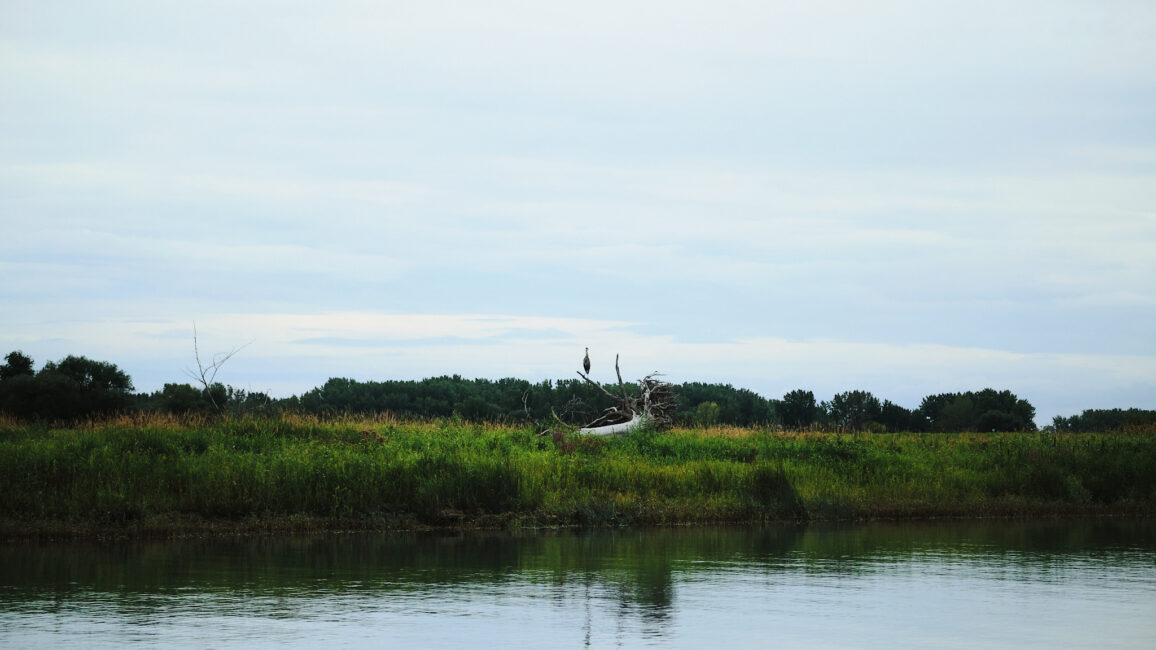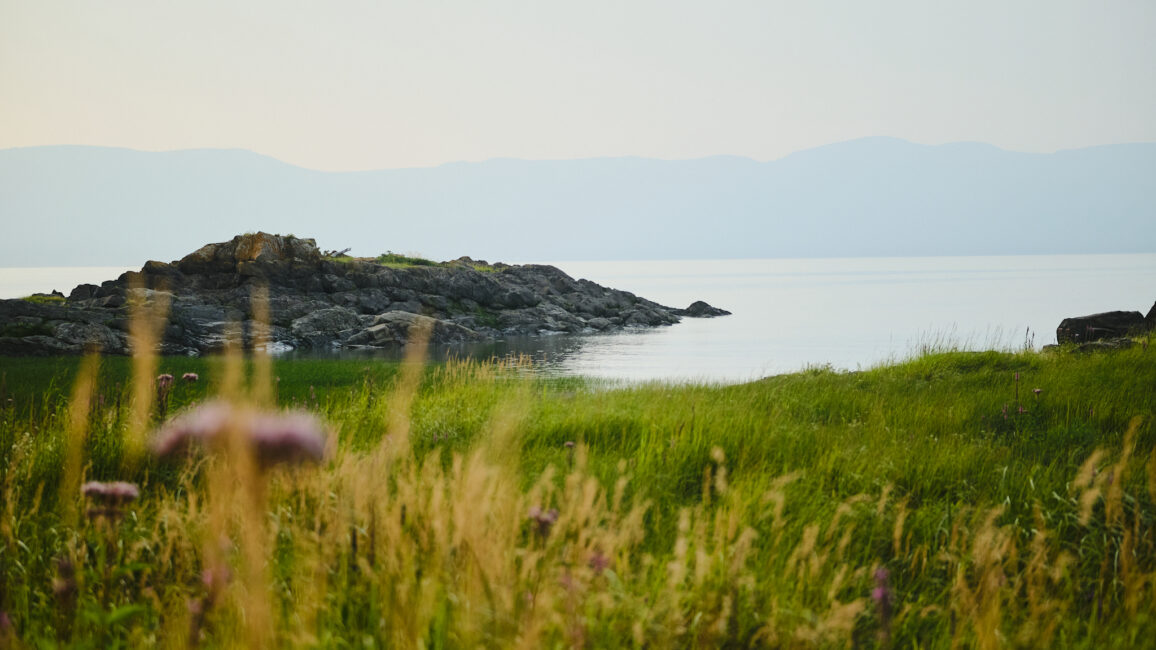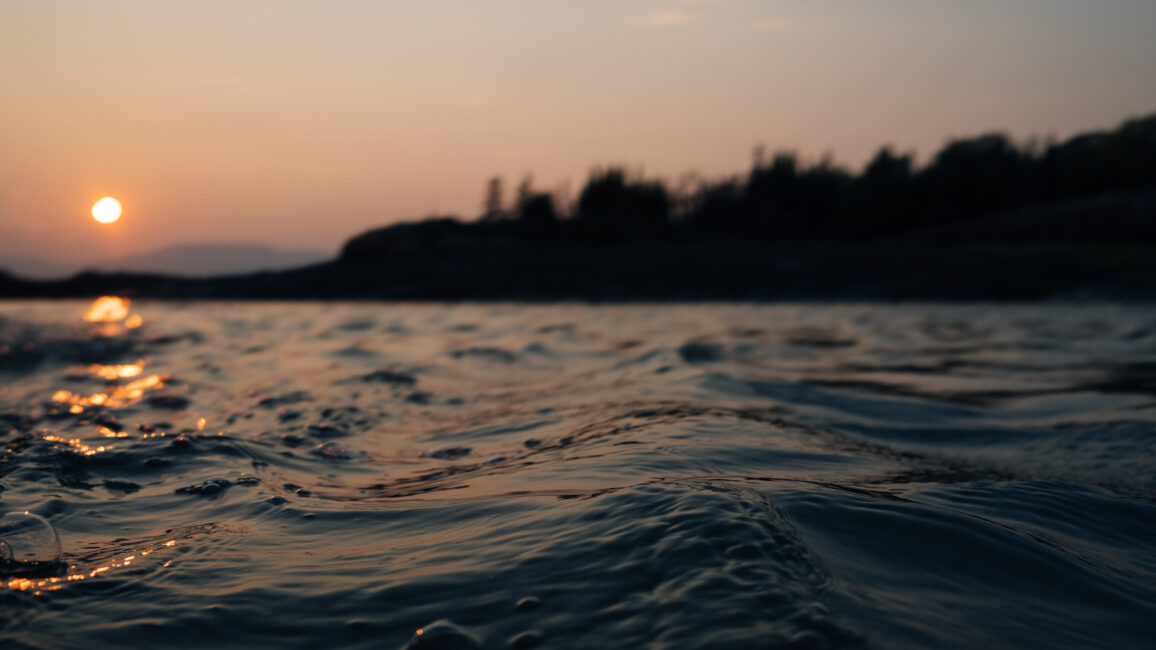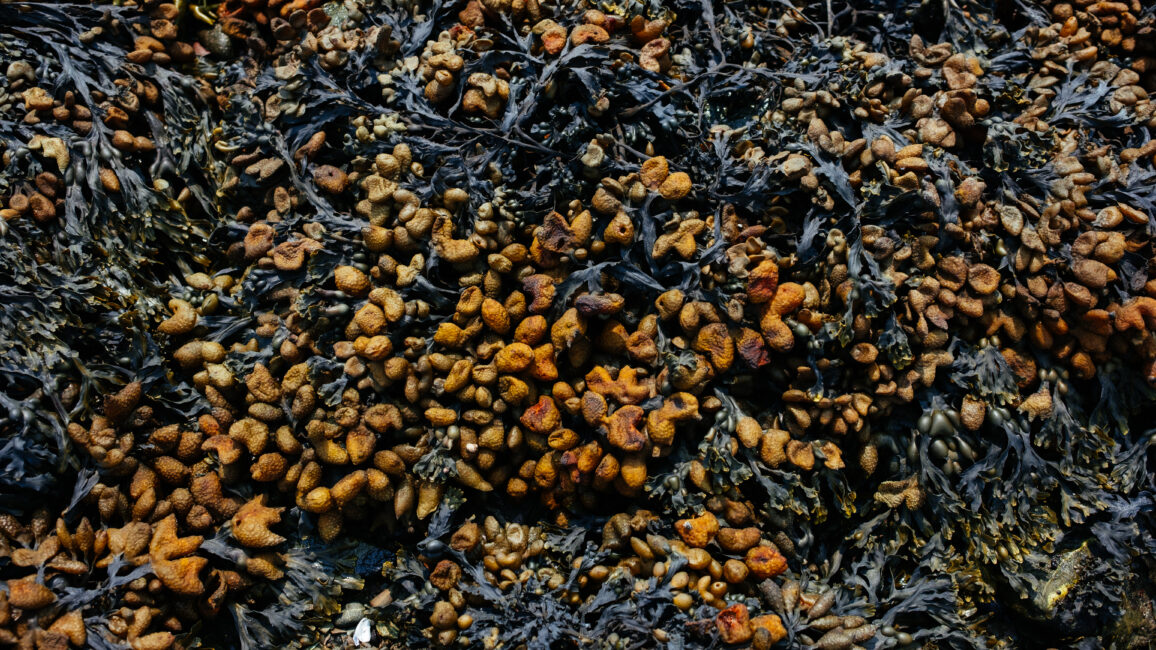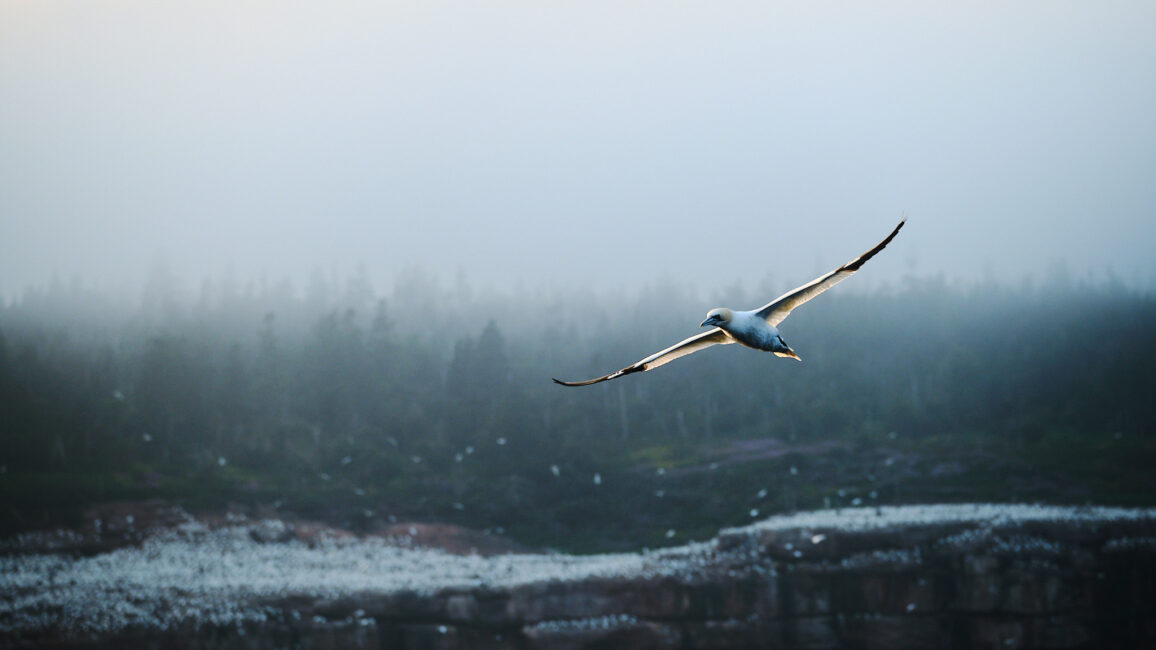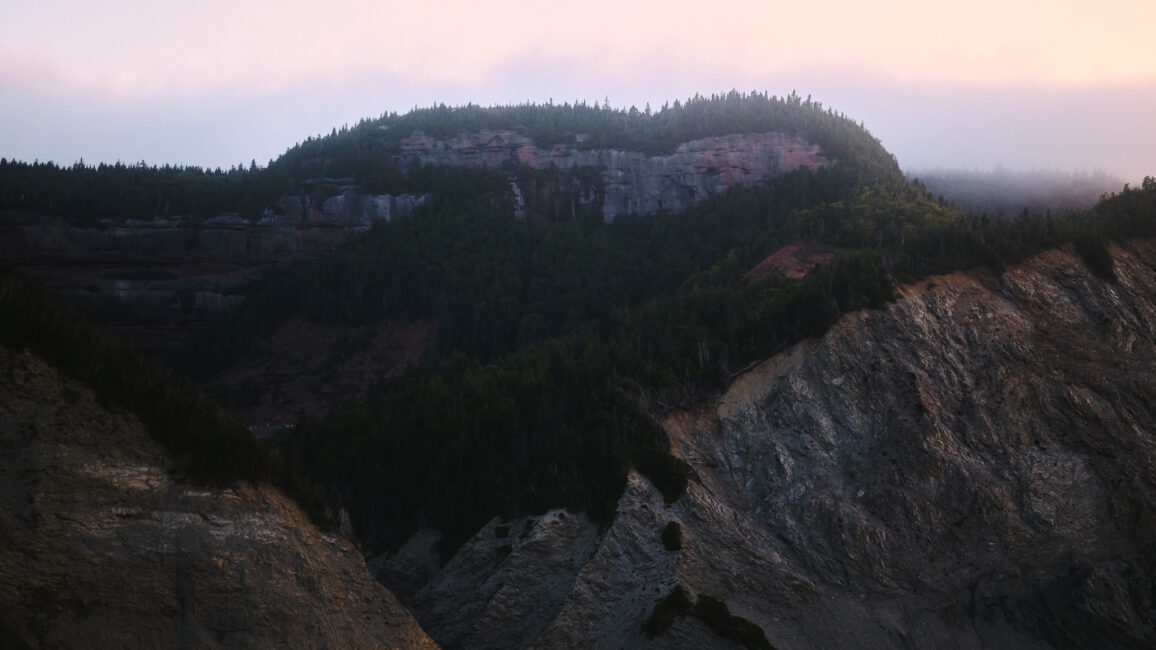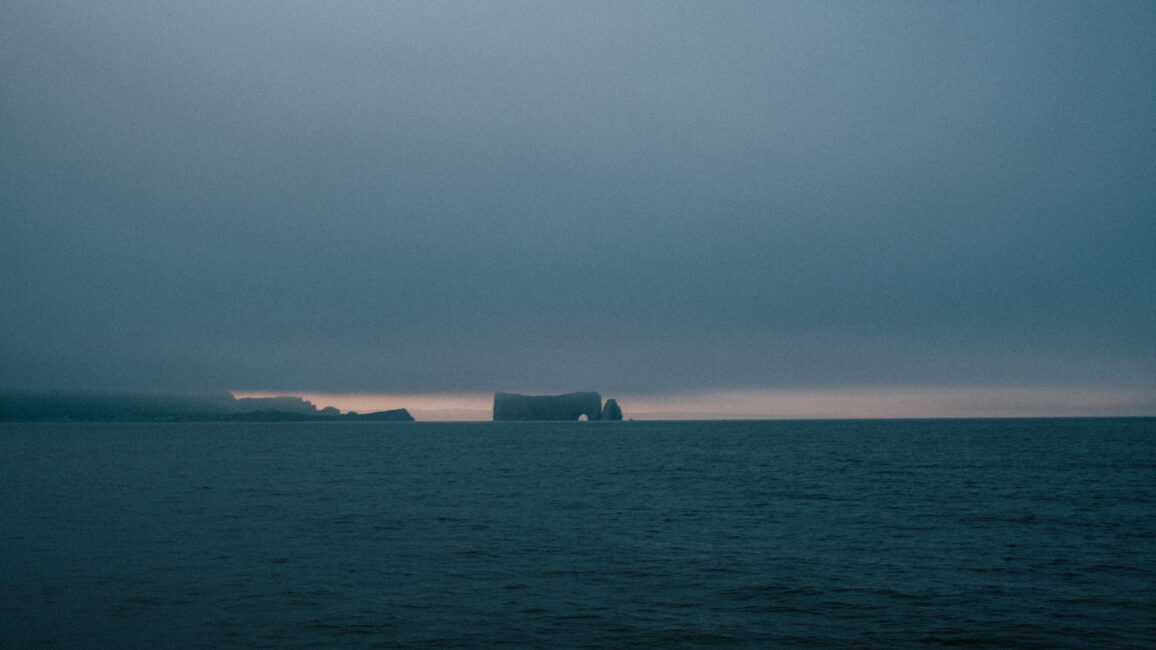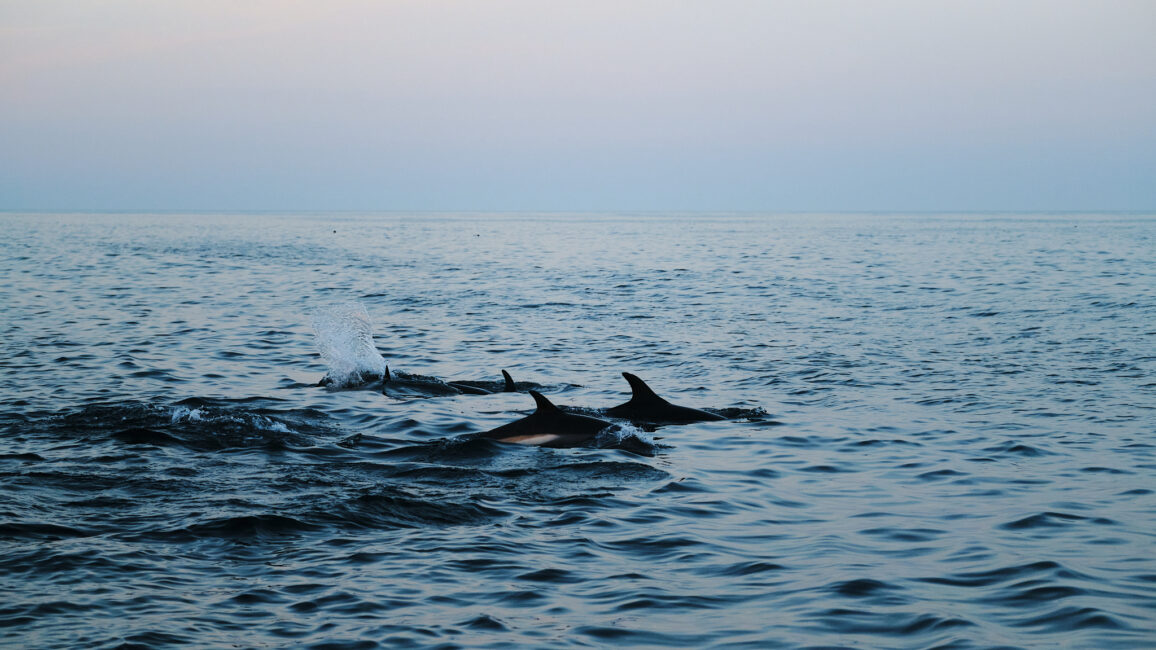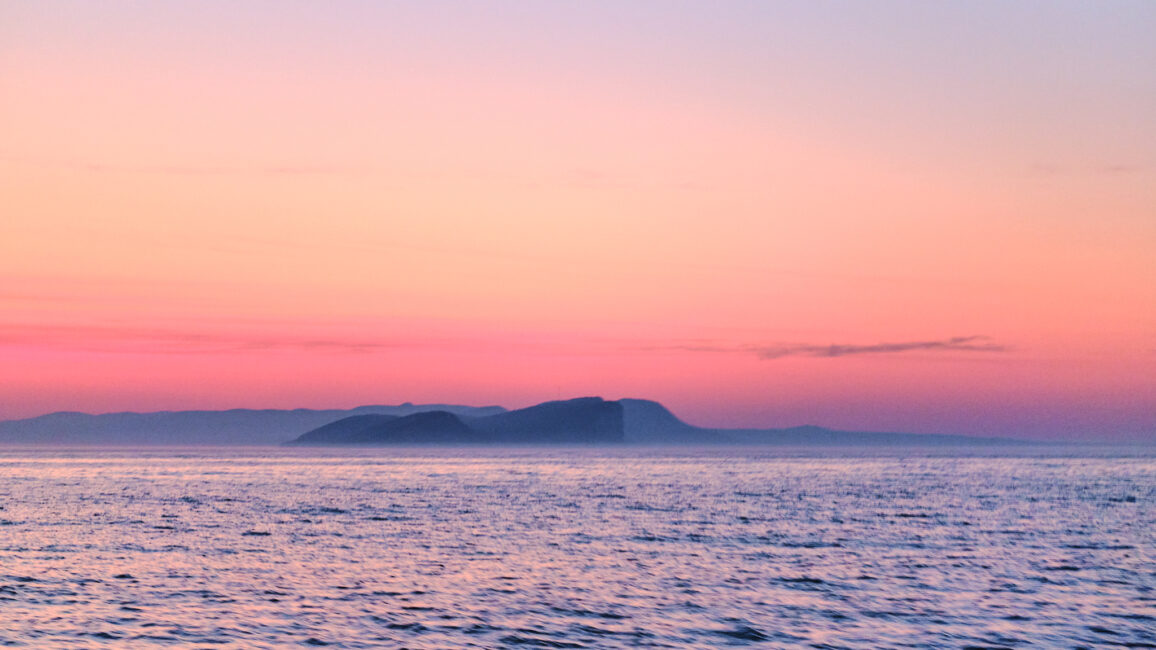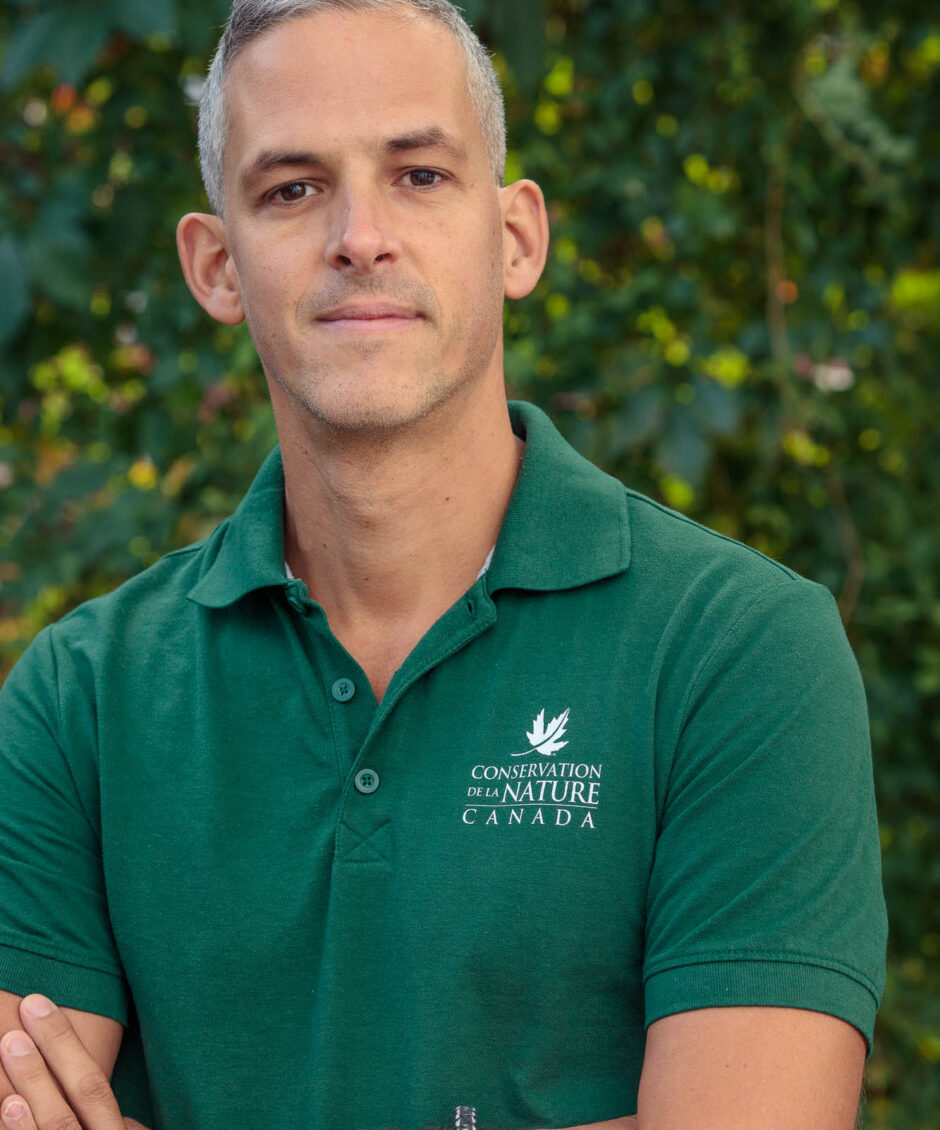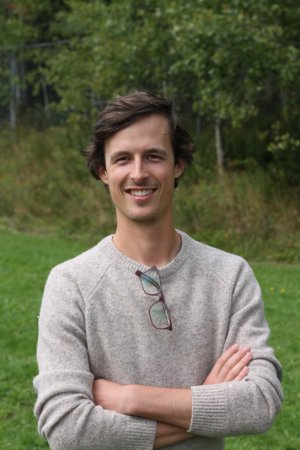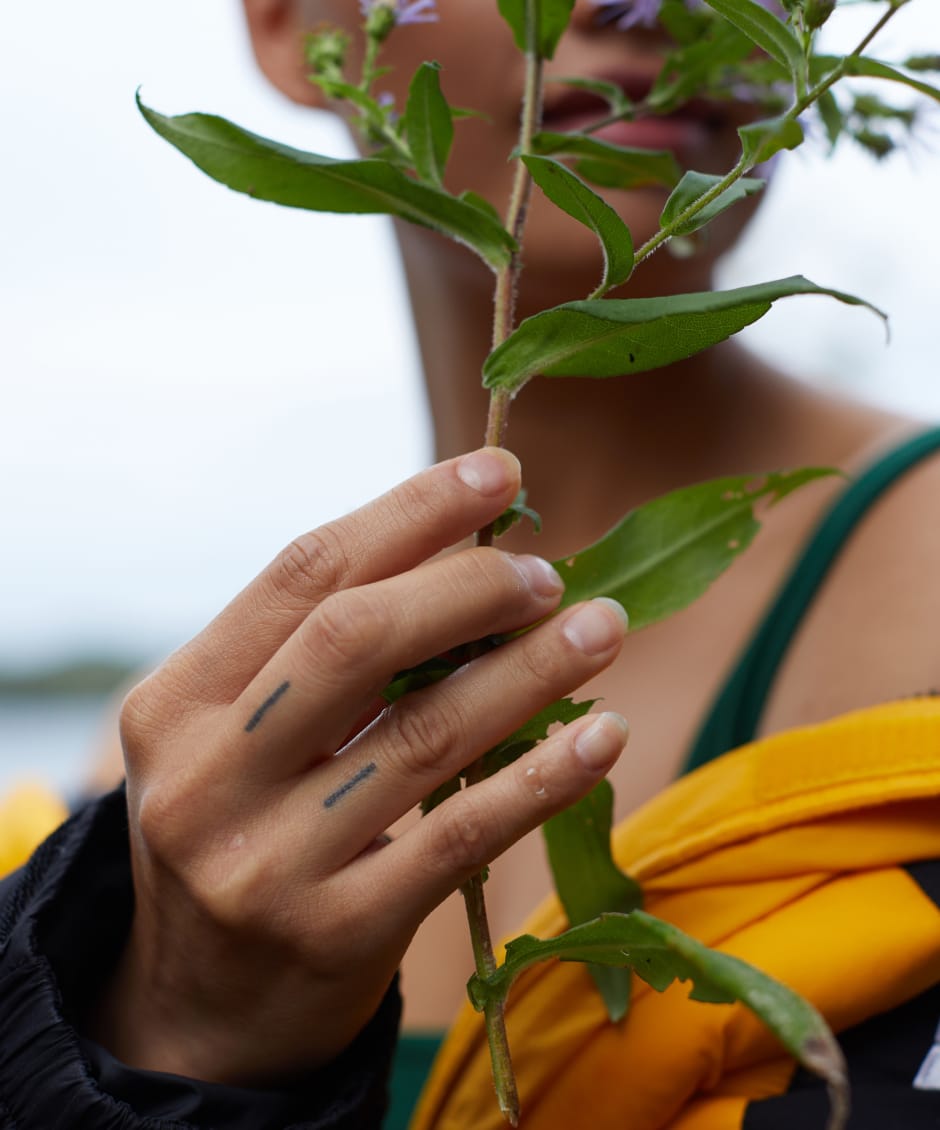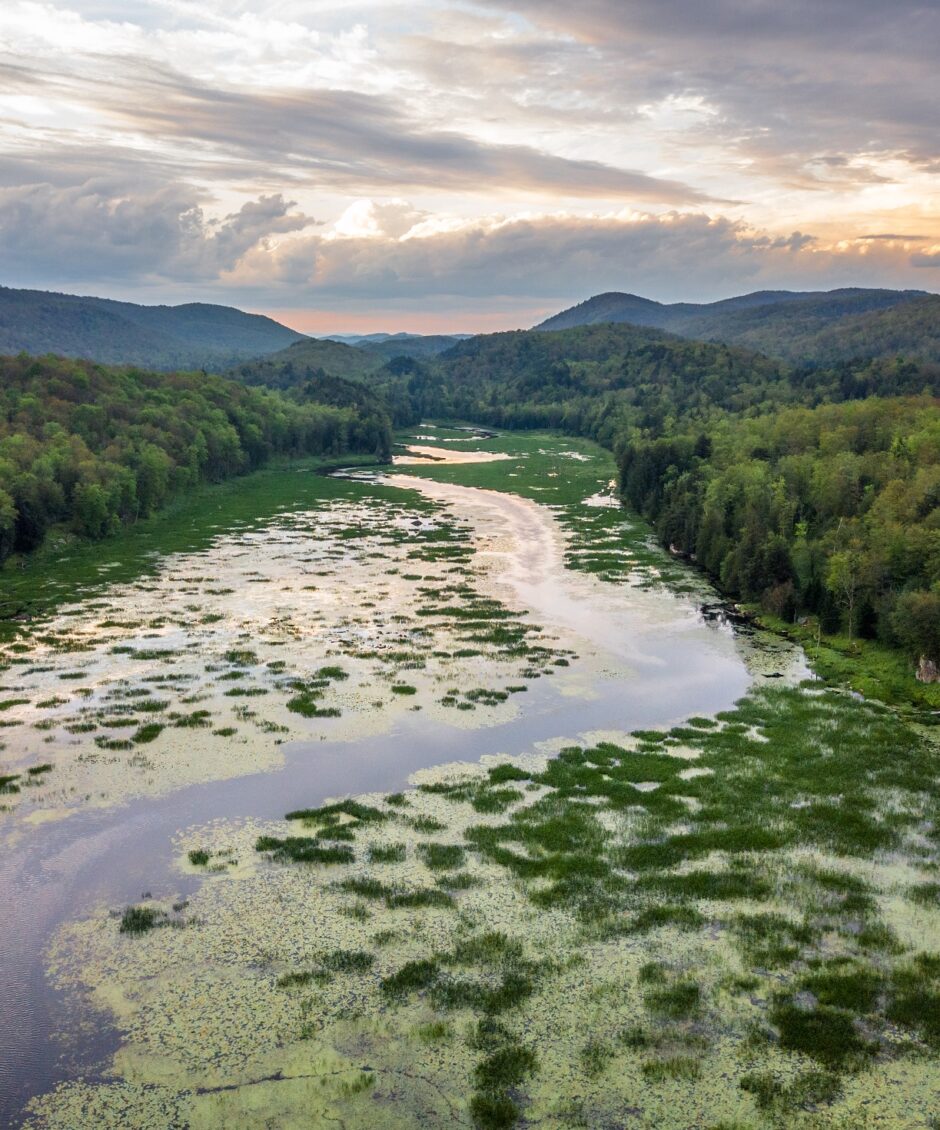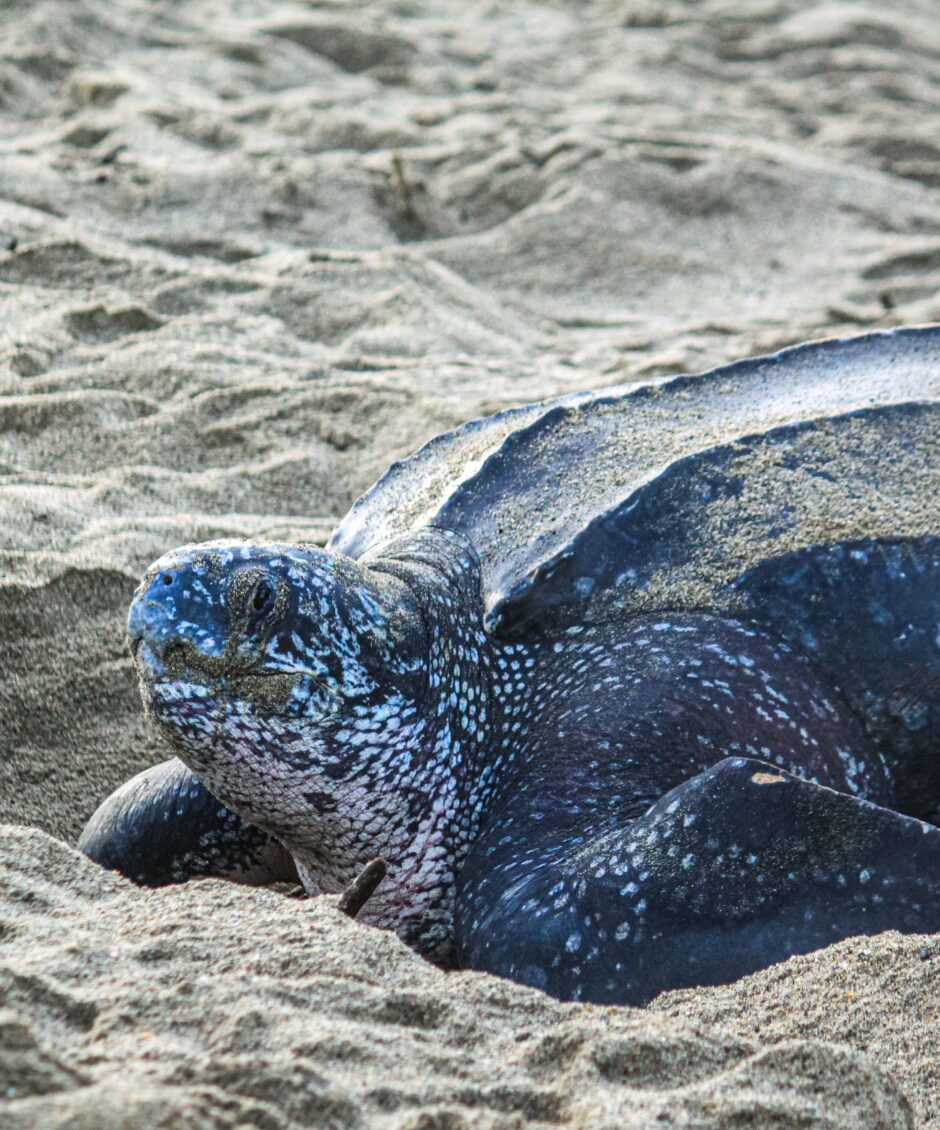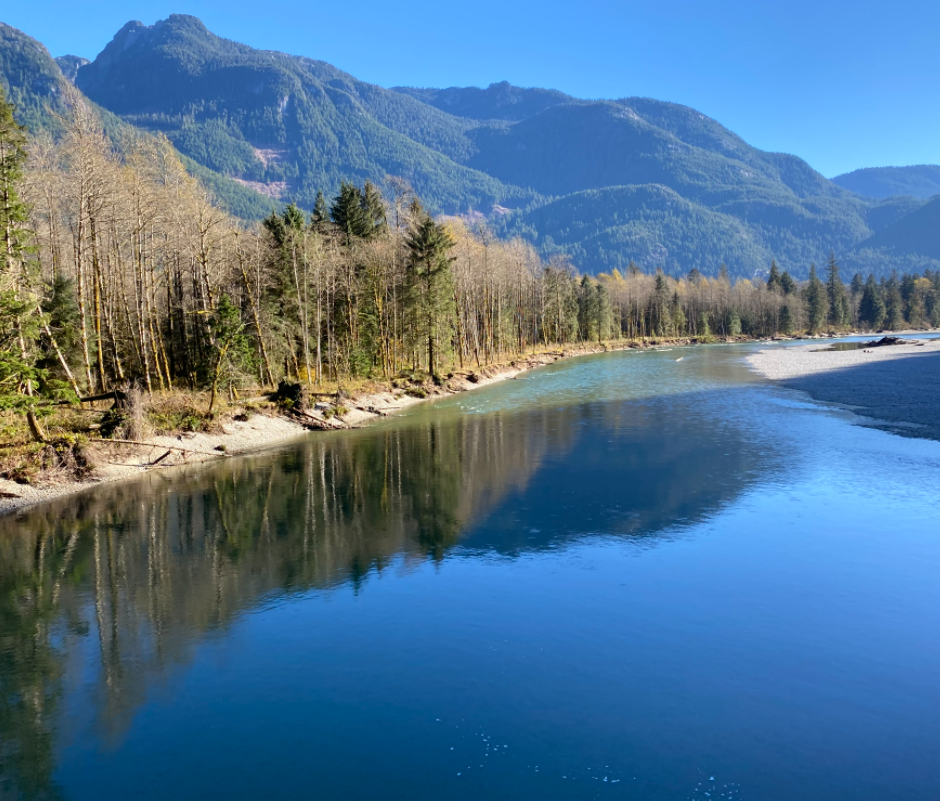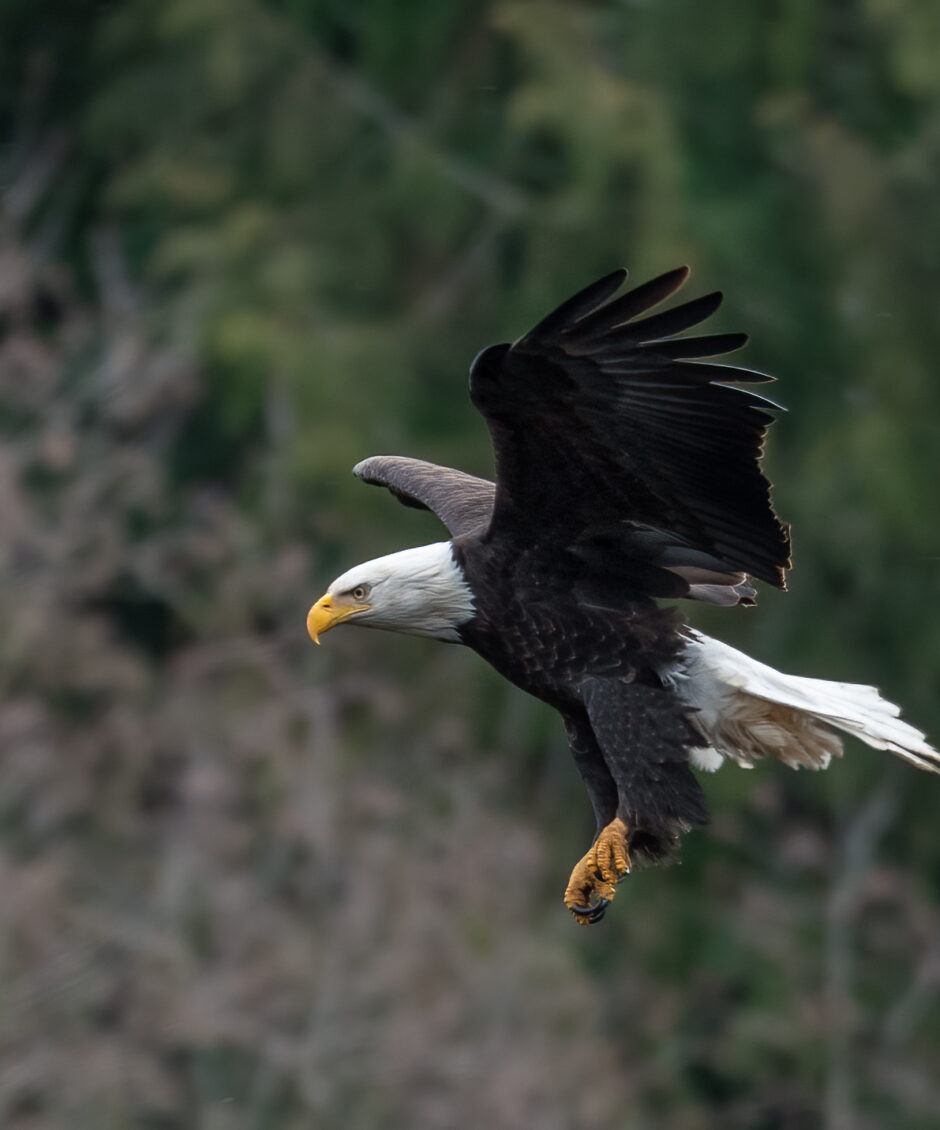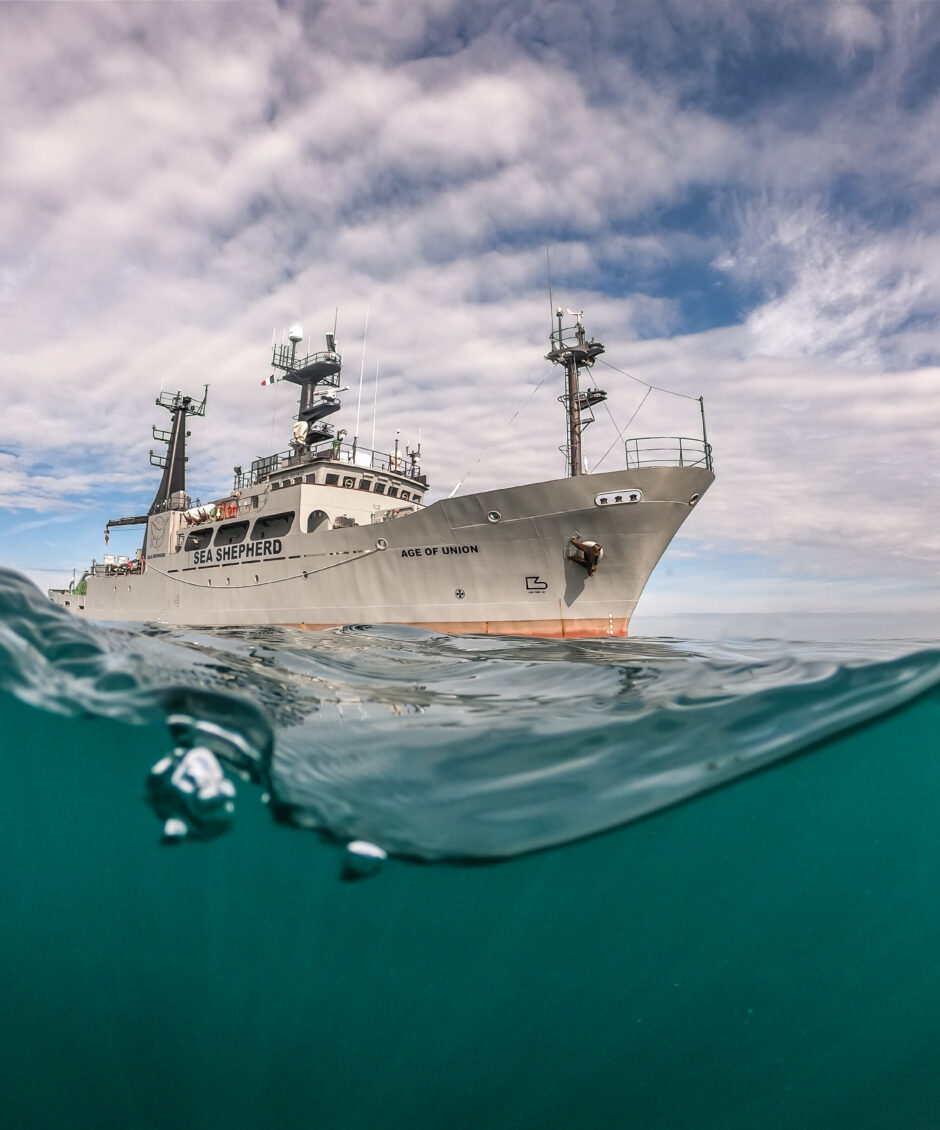Saint Lawrence River
(Canada)
Region North America
River and Habitat Restoration

We Are the Saint Lawrence River
The Saint Lawrence River estuary holds 20% of the world’s freshwater. Learn how changing our behaviours will make a difference in the river's future, the communities, and the wildlife that depends on it.
Canada has one of the best opportunities left in the world to protect large natural areas. The country is home to 20% of the Earth's wild forests, 24% of its wetlands, 30% of its land-stored carbon, and 20% of its fresh water in its lakes and rivers.
Created in 1962, Nature Conservancy of Canada (NCC) is Canada’s leading land conservation organization. With 11 regional divisions — one for each of the ten provinces, and one for the north — NCC’s goal is to secure and manage land through donation, purchase, conservation agreements, and the relinquishment of other legal interests.
To date, the organization has helped protect 15 million hectares of land across the country, working closely with partners and Indigenous communities.
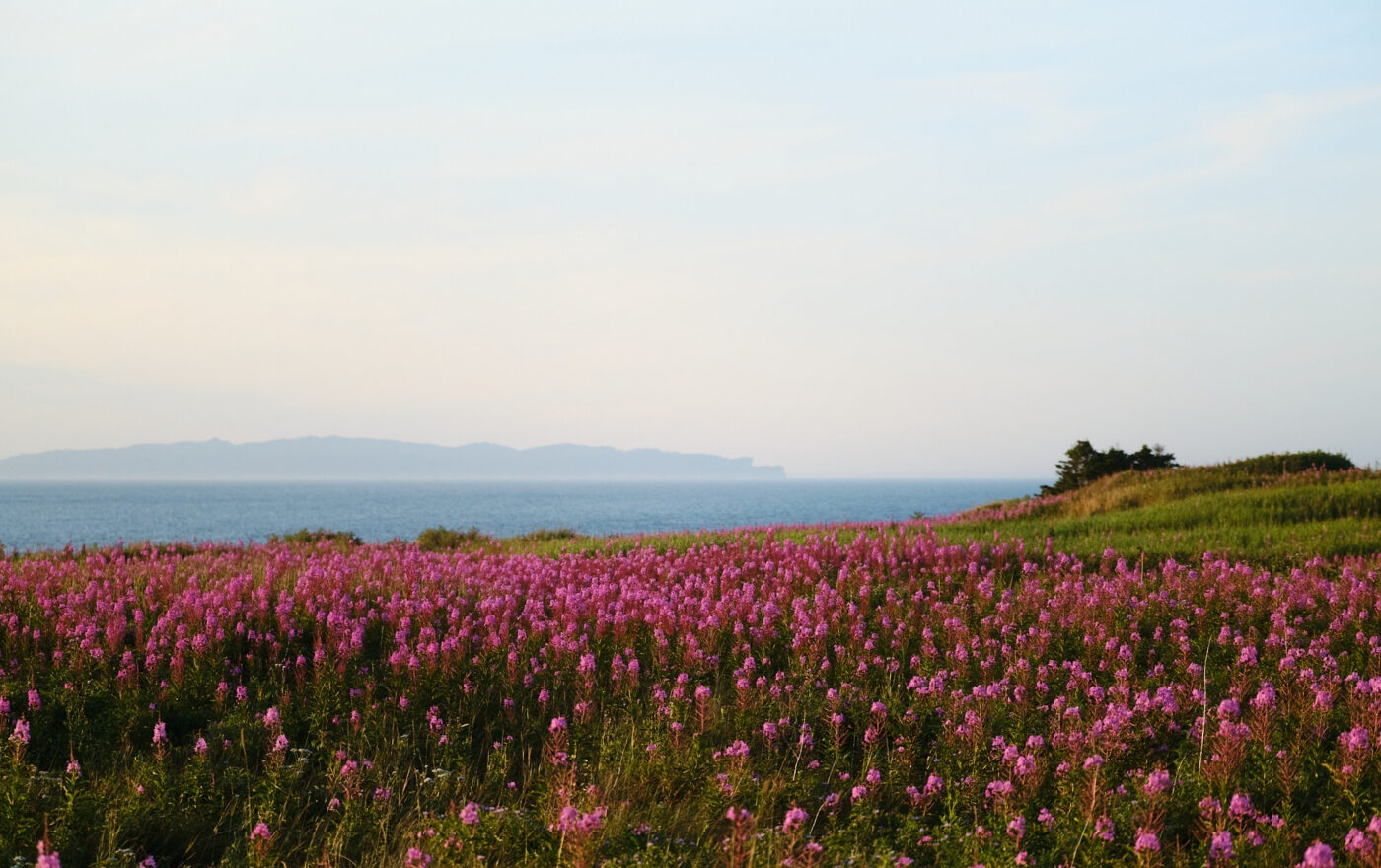
How Age of Union Is Helping
Over the next five years, Age of Union is committed to:
- Facilitate land acquisition to secure protected pockets of ecosystems along the St Lawrence River;
- Contribute to habitat rehabilitation programs;
- Engage with local communities to raise awareness, offer farmers alternatives for a more sustainable way of farming, and initiate the dialogue with First Nations communities to integrate traditional knowledge into land-management decisions.
People ()
The
change
makers
Julien Poisson
Project Manager
Southern Quebec
Charismatic and action-driven, Julien never has enough projects on his plate! His dedication and his energy stand out, whether through links developed with partners, through large-scale projects, such as the protection of Lac Saint-Pierre, the protection of endangered species or the enhancement of natural environments. After completing a bachelor's degree in biology, with a concentration in ecology, and a master's in environmental management from the University of Sherbrooke, Julien travelled to Morocco to continue his post-secondary education and earn a master's in international ecology. As a project manager for the Nature Conservancy of Canada (NCC) since 2010, and program director for southern Quebec since 2017, he has greatly developed his project management, communication and collaboration skills and expertise. He has also forged strong relationships with NCC partners at all levels, including communities, governments and individual donors. Julien is responsible for coordinating research projects on species at risk, identifying conservation priorities, managing and enhancing protected natural areas, developing community partnerships and implementing activities to enhance natural habitats. Julien is currently the treasurer of the Conseil québécois des espèces exotiques envahissantes and a member of the Copper Redhorse Recovery team. He also sits on several environmental panels and committees on the St. Lawrence Islands, the Richelieu River watershed and the Green Mountains.
Annie Ferland
Project Manager
Montreal and Lower Laurentians, Quebec
After completing a program in biology research and inventory techniques at the Cégep de Sainte-Foy, Annie Ferland went on to study agronomy at the Université Laval, specializing in soils and the environment. She began working with the Nature Conservancy of Canada (NCC) in 2009 as a science and stewardship intern. Today, she oversees projects in Montreal and the lower Laurentians. Over the years, Annie has participated in numerous NCC projects in the St. Lawrence estuary, the Mauricie region and the White Mountains. Since 2014, she has focused on conservation in the Montreal Greenbelt and the Laurentians. Annie is responsible for coordinating research projects on species at risk, identifying conservation priorities, coordinating land acquisitions and managing protected natural areas, especially organizing activities to enhance natural habitats and improve site accessibility. Annie is also a member of the group responsible for implementing the northern map turtle recovery plan.
Olivier Perrotte Caron
Project Manager
Eastern Quebec
Olivier Perrotte Caron graduated from McGill University in biology in 2005. He worked for several years in project management in the areas of mitigation of environmental issues and applied research in forest ecology. Olivier joined the Nature Conservancy of Canada team in 2016 and currently acts as project manager for Eastern Quebec. Passionate about forest environments, Olivier loves helping people discover complex ecosystems such as the Malbaie barachois. He has a talent for developing conservation strategies with landowners and finding win-win solutions for humans and nature.
More projects
North America
Kenauk
(Canada)
Caribbean
Nature Seekers
(Trinidad)
North America
Pitt River Watershed
(Canada)
North America
French Creek Estuary
(Canada)
Ocean

